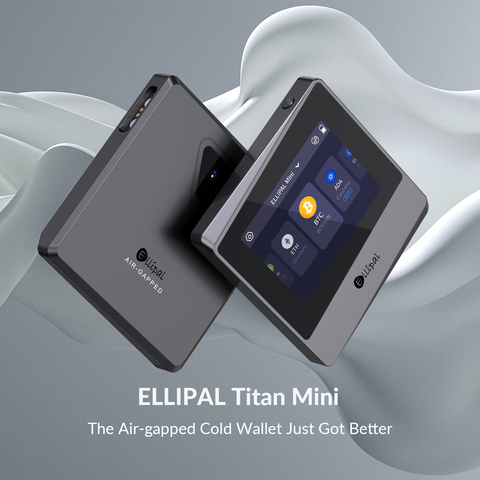Protecting digital assets is getting harder and harder for cryptocurrency owners. As more people start to use digital currencies, it's more important than ever to have strong security measures in place. To keep your crypto assets safe, you need to do more than just know how the market works. You need to take a comprehensive approach to storage and security. Cybercriminals are always changing their methods, which means that old ways of storing data are no longer useful. To help buyers keep their digital money safe, this guide compares the newest security methods, such as hardware wallets and cold storage options.
Cold Storage Wallets
Cold storage wallets represents the gold standard of cryptocurrency protection, offering a completely offline approach to digital asset management. This method involves storing cryptocurrency private keys on devices or mediums entirely disconnected from the internet, dramatically reducing exposure to online threats. Paper wallets emerge as the most basic form, involving printed documents containing private and public keys. More advanced approaches include offline computer storage and specialized air-gapped devices designed to prevent any electronic communication.
The primary advantage of cold storage lies in its absolute isolation from potential cyber-attacks. By keeping cryptocurrency keys completely offline, investors create an impenetrable barrier against online hacking attempts, malware, and unauthorized access. However, this method is not without challenges. Users must maintain meticulous physical security, protect against physical damage, and navigate complex backup and recovery processes. The method demands exceptional personal discipline, requiring careful management of physical documents or devices.

Hardware Wallets
Hardware wallets a sophisticated middle ground between complete offline storage and convenient access. These physical devices resemble USB drives but incorporate advanced cryptographic security features. Leading manufacturers like Ellipal have developed cutting-edge solutions that provide robust protection with user-friendly interfaces. Each device generates and stores private keys in a secure chip, ensuring that keys never leave the device unencrypted.
The most advanced hardware wallets offer multiple layers of security, including PIN protection, optional passphrase encryption, and secure element technology. They support a wide range of cryptocurrencies, making them versatile solutions for diverse crypto portfolios. Transaction verification occurs directly on the device, preventing potential computer-based malware from intercepting or manipulating transfer details. Prices typically range from $50 to $250, representing a relatively modest investment for significant security enhancement.
How to Choose Cryptocurrency Storage Solutions
The best way to store relies on your investment strategies, how comfortable you are with technology, and how safe you need to be. Cold storage is the safest way to keep big amounts of cryptocurrency for a long time. Investors who trade frequently might like the good mix of hardware wallets that strike between security and ease of use. Think about things like your personal risk tolerance, the total value of your crypto, and how often you make transactions.
People who are new to safekeeping should start with hardware wallets, which are easier to use. Investors with more experience might use multi-layered strategies, such as putting active assets in hardware wallets and keeping long-term assets in cold storage. Always choose gadgets from well-known brands that have records of security.

Best Practices for Cryptocurrency Storage
For complete asset protection, it is important to use a multi-layered security method. Make several backup plans for the seed words and keep them in different safe places. Spread out the ways you store things to lower the risk of a single point of failure. Do regular security checks to make sure that rescue information is up to date and that there are no potential vulnerabilities.
Don't make common mistakes like keeping all of your assets in one place, sharing recovery information, or saving seed phrases online. For large assets, you might want to get professional protection advice. Make a full emergency recovery plan with trusted contacts and clear directions for how to access assets.
Meet The Future of Crypto Security
The safety of cryptocurrencies is always evolving, and new technologies promise even better safety measures. New developments in blockchain technology and advanced encryption techniques are likely to change how assets are stored. Investors must make a promise to keep learning in order to stay ahead of possible security threats and to use new technologies that protect them.
